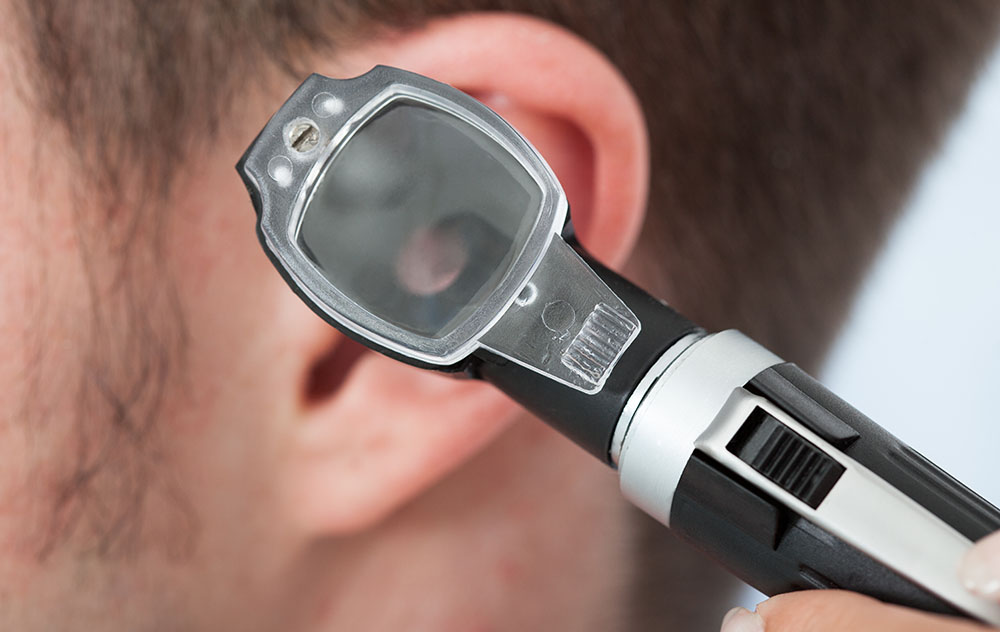New Technology Provides Relief For Tinnitus Sufferers
What is tinnitus? If you've experienced incessant ringing, buzzing, or


What is tinnitus? If you've experienced incessant ringing, buzzing, or

You've heard how beneficial exercise and a clean diet can be for your

Do I have tinnitus? Millions of Americans suffer from tinnitus, or ringing